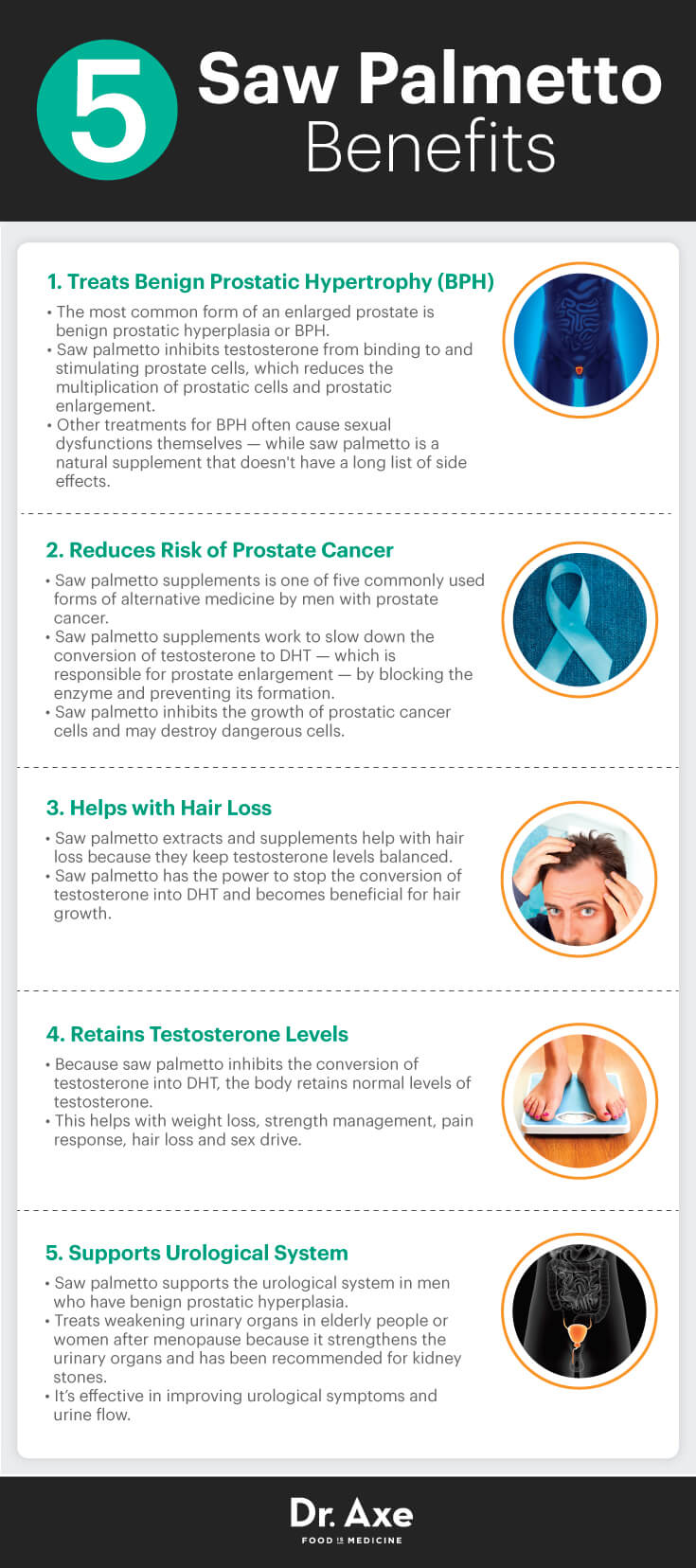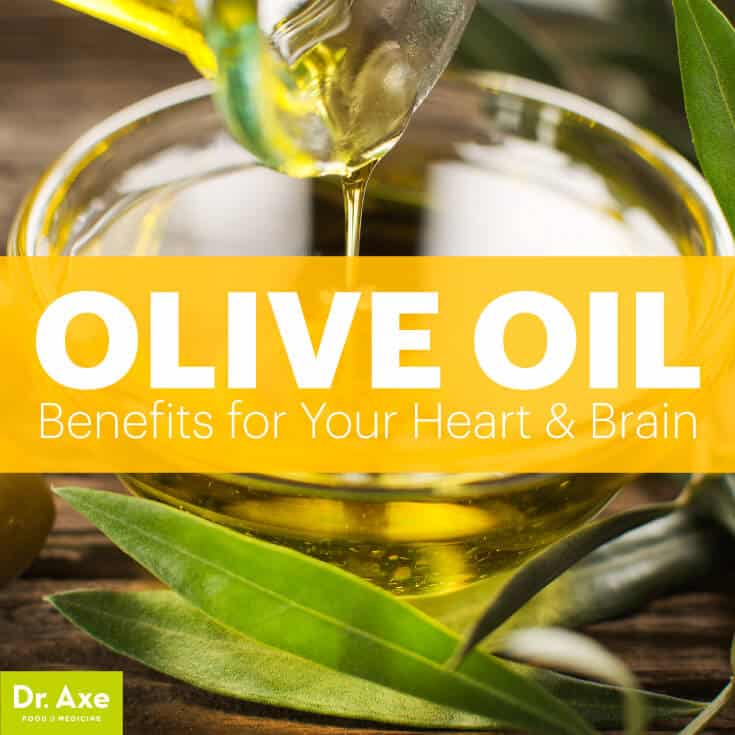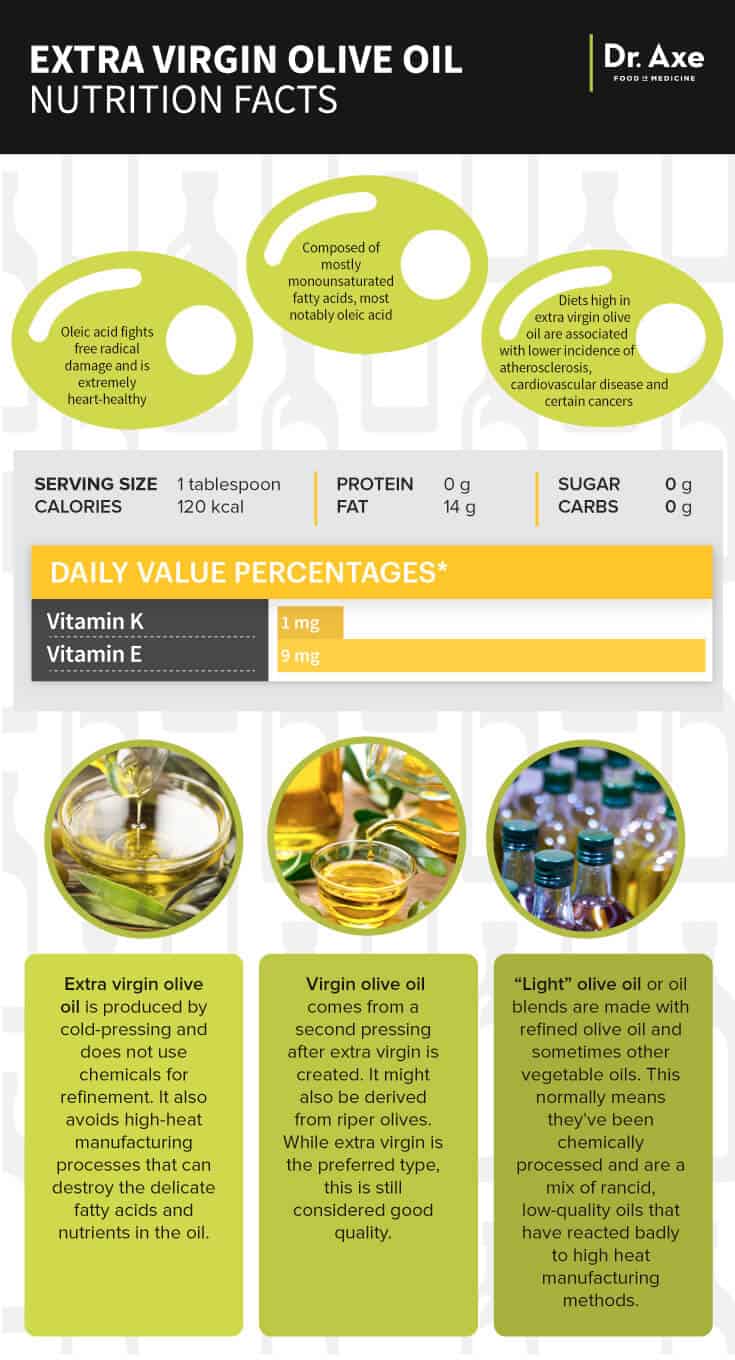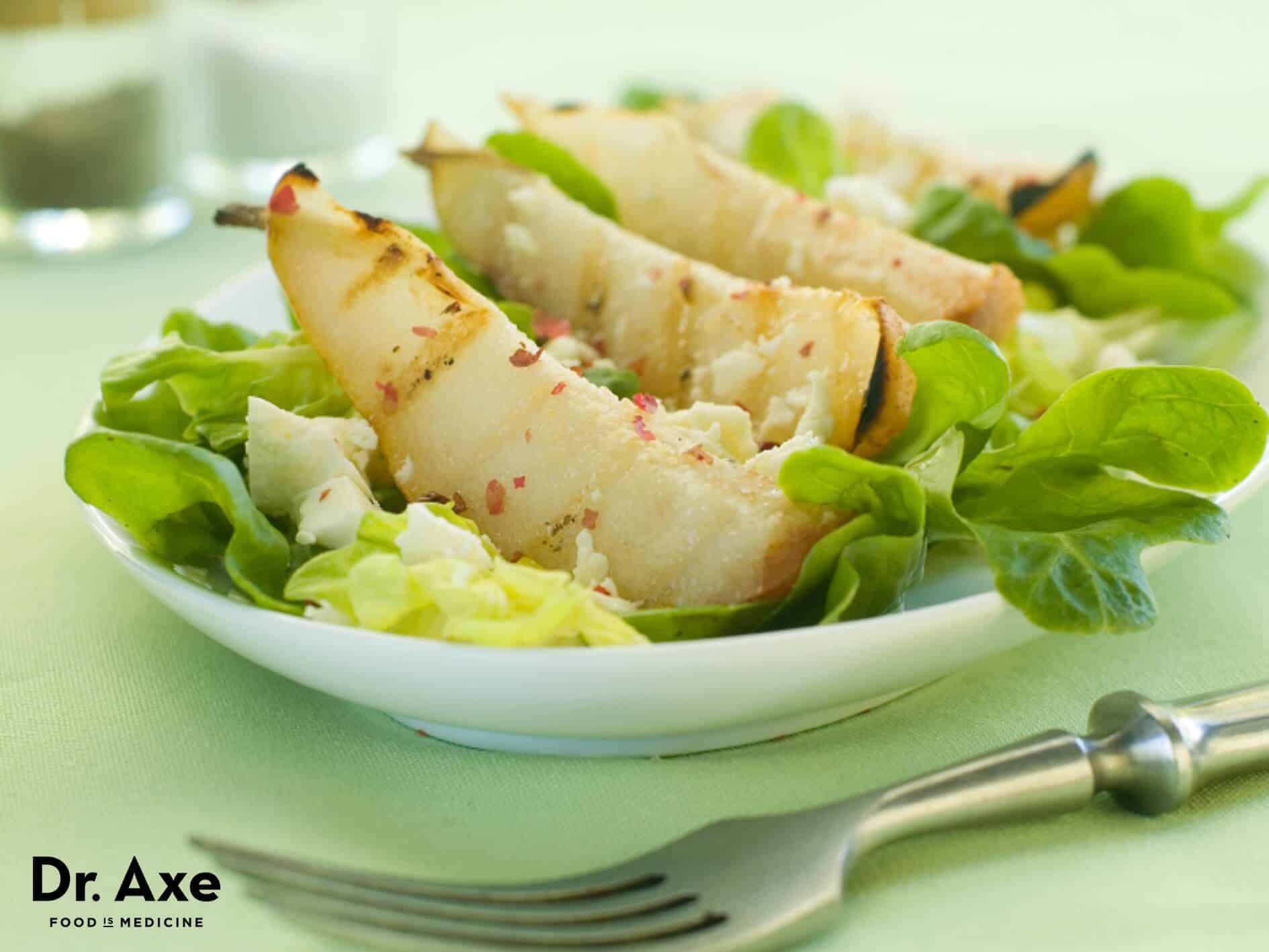Olive trees themselves have been around for many thousands of years. With a long history dating back to ancient civilizations, olive oil is even considered to be one of the most important
Bible foods. It’s a staple of
the Mediterranean Diet and has been included in the diets of some of the world’s healthiest, longest-living people for centuries — like those living in the
blue zones.
Real, high-quality extra virgin olive oil has well-researched anti-inflammatory compounds, antioxidants and numerous heart-healthy macronutrients. Extra virgin olive oil benefits include lowering rates of inflammation, heart disease, depression, dementia and obesity. But with all of that in mind, unfortunately, not all olive oil is created equally — not even all of the “extra virgin” kinds have the requisite olive oil benefits!
Olive oil is made from the fruit of the olive tree, which is naturally high in healthy fatty acids. There are several types of olive oil on the market today, including extra virgin olive oil, virgin olive oil and regular olive oil — but research shows that extra virgin olive oil benefits are more abundant than the other varieties.
Something that many people don’t realize is that it’s common for “extra virgin olive oil” purchased in most major grocery stores to be laced with
GMO canola oil and herb flavors. Essentially, the store shelves are lined with
fake olive oil options. Some reports even show that up to 70 percent of the extra virgin olive oil sold worldwide is watered down with other oils and enhancers.
Manufacturers do this in order to make the fake oils taste more like real olive oil, but in fact, they’re far inferior products with way fewer health benefits than the real thing. In fact, consuming this type of modified olive oil can actually pose some real risks to your health, so you’ve got to know which kind is the best to buy.
Extra Virgin Olive Oil Nutrition Facts
Olive oil is mainly made up of mostly monounsaturated fatty acids, the most important of which is called
oleic acid. Oleic acid is known to be extremely heart-healthy and capable of
fighting free radical damage (or oxidative stress), which has numerous health implications. This is especially true when compared to compounds found in more refined vegetable oils, trans fats or hydrogenated fats.
Diets high in extra virgin olive oil, including the famous Mediterranean diet, are associated with “a
lower incidence of atherosclerosis, cardiovascular disease, and certain types of cancer,” according to many large reviews of clinical studies. Most recent interest has focused on the biologically active phenolic compounds naturally present in virgin olive oils. Olive oil phenolics have positive effects on certain physiological parameters, including plasma lipoproteins, oxidative damage, inflammatory markers, platelet and cellular function, and antimicrobial activity.
- 120 calories
- 14 grams fat (9.8 of which is monounsaturated)
- Zero sugar, carbs or protein
- 1 milligrams vitamin K (10 percent DV)
- 9 milligrams vitamin E (10 percent DV)
How much extra virgin olive oil should you aim to consume daily in order to benefit your health? While recommendations differ depending on your specific calorie needs and diet, anywhere from one to four tablespoons seems to be ideal to gain these olive oil benefits.
8 Extra Virgin Olive Oil Benefits
1. Protects Heart Health
Studies have found that high monounsaturated fat diets lower LDL cholesterol, raise HDL cholesterol and lower triglycerides better than lower-fat, higher-carb diets do. Thanks to powerful antioxidants known as polyphenols, extra virgin oil is considered an
anti-inflammatory food and cardiovascular protector. When someone’s immune system essentially begins to fight her own body as a result of a poor diet, stress or other factors, inflammatory responses are triggered that lead to
dangerous, disease-causing inflammation.
The purpose of inflammation is to protect us against illnesses and repair the body when needed, but chronic inflammation is extremely harmful to arterial health and linked to heart disease, autoimmune diseases and more. Extra virgin olive oil helps reverse inflammatory along with age- and disease-related changes to the heart and blood vessels, according to a 2009 study published in the
Journal of Cardiovascular Pharmacology. Research shows olive oil is
beneficial for lowering hypertension because it makes nitric oxide more bioavailable, which keeps arteries dilated and clear.
The protective effects of a Mediterranean-style diet rich in
alpha-linolenic acid (ALA) from olive oil have been shown in many studies, with some finding that this type of higher-fat diet is capable of decreasing the risk of cardiac death by 30 percent and sudden cardiac death by 45 percent!
2. Helps Fight Cancer
According to a 2004 study published in the
European Journal of Cancer Prevention, olives and
olive oil contain antioxidants in abundance. They are some of the best
high antioxidant foods. Olives (especially those that have not been subjected to high-heat processes) contain acteosides, hydroxytyrosol, tyrosol and phenyl propionic acids. Both olives and olive oil contain substantial amounts of other compounds deemed to be anticancer agents (e.g., squalene and terpenoids) as well as the peroxidation-resistant lipid oleic acid.
Researchers feel that it’s probable that high olive and olive oil consumption in southern Europe represents an important contribution to the beneficial effects of cancer prevention and health in the Mediterranean diet.
3. Helps with Weight Loss and Obesity Prevention
Eating plenty of healthy fats is a key element in controlling excess insulin, a hormone that controls blood sugar levels, makes us gain weight, and keeps the weight packed on despite us cutting calories and exercising more. Fats are satiating and help reduce hunger, cravings and overeating. This is one reason why numerous studies have found that diets low in fat don’t result in weight loss or weight maintenance as easily or often as balanced, higher-fat diets do.
After reviewing five trials including a total of 447 individuals, researchers from University Hospital Basel in Switzerland found that individuals assigned to higher-fat, low-carbohydrate diets
lost more weight than individuals randomized to low-fat diets. There were no differences in blood pressure levels between the two groups, but triglyceride and high-density lipoprotein cholesterol values changed more favorably in individuals assigned to the diets higher in fat!
Because diets with ample amounts of healthy fats are more satisfying, people are much more likely to be able to stick with them. A 2002 study published in the
Women’s Health Journal, for example, found that an olive oil-enriched diet brought about
greater weight loss than a lower-fat diet in an eight-week comparison. Following the eight weeks, the participants also overwhelmingly chose the olive oil-enriched diet for at least six months of the follow-up period.
4. Supports Brain Health
The brain is largely made up of fatty acids, and we require a moderately high level on a daily basis to perform tasks, regulate our moods and think clearly. Like other sources of healthy fats, olive oil is considered a
brain food that improves focus and memory.
Olive oil helps fight age-related cognitive decline because it protects against inflammation, oxidative stress and ADDLs, proteins that are toxic to the brain that can
trigger dementia or Alzheimer’s disease.
5. Fights Mood Disorders and Depression
Healthy fats, including olive oil, have hormone-balancing, anti-inflammatory effects that can prevent neurotransmitter dysfunction. Low-fat diets are often linked to higher rates of depression and anxiety. Mood or cognitive disorders can occur when the brain doesn’t get a sufficient amount of “happy hormones” like serotonin or dopamine, important chemical messengers that are necessary for mood regulation,
getting good sleep and thought-processing.
One 2011 study conducted by the University of Las Palmas in Spain found that monounsaturated and polyunsaturated fat intake had an
inverse relationship with depression risk. At the same time, trans-fat intake and depression risk had a
linearrelationship, showing that higher trans-fat consumption and lower PUFA and MUFA could up the chances of battling mood disorders and
treating depression.
6. Great for Boosting Skin Health
Diets high in healthy sources of fat can help counter the harmful effects to our skin from exposure to toxicity, free radicals, UV light damage, and inflammation-causing poor diets or
food allergies.
7. Can Help Prevent or Treat Diabetes
Fatty acids influence glucose metabolism by altering cell membrane function, enzyme activity, insulin signaling and gene expression. Evidence suggests that consuming polyunsaturated and/or monounsaturated fats (the kind found in olive oil) has beneficial effects on insulin sensitivity and is likely to
reduce risk of type 2 diabetes.
While carbohydrates elevate blood sugar by providing glucose, fats help stabilize blood sugar levels and regulate insulin. Even when you eat something high in sugar or carbs, adding extra virgin olive oil to the meal can help slow down the impact on your bloodstream. Consuming olive oil is also a great way to feel more satisfied after meals, which can help prevent sugar cravings and overeating that can lead to diabetes complications.
8. Helps Balance Hormones
When trying to balance your hormones and
reduce symptoms related to PMS, infertility or menopause, it’s important for your diet to include plenty of nutrients and healthy fats. Olive oil supplies essential fats that can help regulate thyroid, adrenal and pituitary glands. These all work together to produce and balance sex hormones.
Olive oil also provides essential
vitamin E benefits that help regulate estrogen production.
How to Buy and Use Real Extra Virgin Olive Oil
Olive oil harvesting dates back thousands of years, but today, the large, international commercial olive oil industry is worth hundreds of millions of dollars. To ancient populations, this source of satisfying healthy fat was considered a precious commodity and used for its many healing capabilities. Aside from cooking with olive oil, it was also a key component in lamps, soaps, skincare and cosmetics.
After first making its way to North America in the mid 1500s, olive trees spread quickly to many other nations. Today, olive oil is cultivated largely in Italy, Mexico, the U.S. (mainly California), Peru, Chile and Argentina.
Why does the specific type of oil you buy matter so much? One of the biggest dangers surrounding olive oil is that it has a low smoke point and begins to decompose at around 200 degrees Fahrenheit. When olive oil is heated repeatedly or to a very high level, it can oxidize and become rancid or toxic.
There are a few main classifications for olive oil that determine how it was harvested and manufactured. You’re likely to come across these types when grocery shopping:
- Extra virgin olive oil is produced by cold-pressing and does not use chemicals for refinement. It also avoids high-heat manufacturing processes that can destroy the delicate fatty acids and nutrients in the oil.
- Virgin olive oil comes from a second pressing after extra virgin is created. It might also be derived from riper olives. While extra virgin is the preferred type, this is still considered good quality.
- “Light” olive oil or oil blends are made with refined olive oil and sometimes other vegetable oils. This normally means they’ve been chemically processed and are a mix of rancid, low-quality oils that have reacted badly to high heat manufacturing methods.
Always look for bottles indicating that the oil is extra virgin and ideally cold-pressed or expeller-pressed. Here are several other useful tips for recognizing and picking out the real thing:
- You get what you pay for! If any oil is less than $10 a liter, it’s likely not real. You might spend more on a quality product, but it comes loaded with the many olive oil benefits, tastes better and should last you some time.
- Check the label for a seal from the International Olive Oil Council (IOC), which certifies the type of oil used.
- Shop for olive oil that comes in a dark glass bottle that can protect light from entering and damaging the vulnerable fatty acids. A dark bottle that is green, black, etc., protects the oil from oxidation and becoming rancid. Avoid oils that come in a plastic or clear bottle. The Fresh-Pressed Olive Oil Club is a good option.
- Look for a harvesting date on the label to know that the oil is still fresh. According toThe Olive Oil Times, as long as your oil is stored away from heat and light, an unopened bottle of good quality olive oil lasts for up to two years from the date it was bottled. Once the bottle is opened, it should be used within a few months — and again, keep it in a cool, dark place.
- Also keep in mind that a clue that you have a good product is if it solidifies when it’s cold and refrigerated. This has to do with the chemical structure of the fatty acids. You can put it in the refrigerator and it should become cloudy and thicken, but if it remains liquid then it’s not pure extra virgin.
When it comes to cooking with extra virgin olive oil, you’re better off using other stable oils or fats instead to avoid
eating rancid oil. Extra virgin olive oil is ideal for drizzling onto foods or using in salad dressings or dips since this requires no cooking.
So what are the
best oils for cooking? Because olive oil isn’t as stable as other sources of fats, other great oil options to cook with instead include:
coconut oil (which is also best when it’s cold-pressed and virgin), organic pastured butter/ghee (which contain healthy short-chain fatty acids that have a higher heat threshold), or
red palm oil (stable under high heat and great for cooking or baking). Coconut oil is my personal favorite choice since the list of
coconut oil benefits is long — acting as an antimicrobial, energy booster and fat-loss tool.
How can you use extra virgin olive oil in uncooked dishes? To make a quick and versatile dressing for salads, vegetables or whole grains, combine it with several tablespoons of balsamic vinegar and a small amount of dijon mustard. You can also roast, grill, sauté or steam vegetables and then add seasoning and olive oil when they’re finished cooking. Using extra virgin olive oil in pesto, hummus, spreads, raw soups and dips is another option.
Extra Virgin Olive Oil Recipes
Total Time: 5 minutes
Serves: 1–2
INGREDIENTS:
- ¼ cup balsamic vinegar
- ¾ cup extra virgin olive oil
- 1 tablespoon dijon mustard
- 1 tablespoon honey
- 1 large pinch of sea salt
- black pepper to taste
- 5 cups mixed lettuces
- 2 pears, thinly sliced vertically
- ½ cup dried cranberries
- 1/4 cup raw goat cheese
DIRECTIONS:
- Put vinegar, olive oil, mustard, honey, salt and pepper in a jar with a lid, and shake well.
- Gently toss lettuce with sliced pears in a large salad bowl (optional: grill pear slices briefly). Add enough dressing to just coat. Top with dried cranberries and goat cheese.
Interactions and Concerns of Extra Virgin Olive Oil
The biggest barriers to enjoying this oil in a healthy way are finding the right kind, storing it properly and using it the right way in recipes. Just remember that it’s worth the splurge to buy a high-quality product considering how beneficial it can be for you. Also be sure to store it properly, use it within several months of opening and avoid cooking with it.
To get the most benefits from your diet overall, rotate other sources of healthy fats for olive oil, including coconut oil,
ghee, organic grass-fed animal products, nuts and seeds, palm oil, and wild-caught fish.













